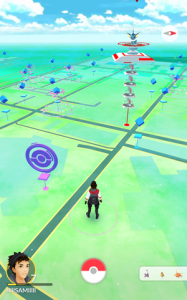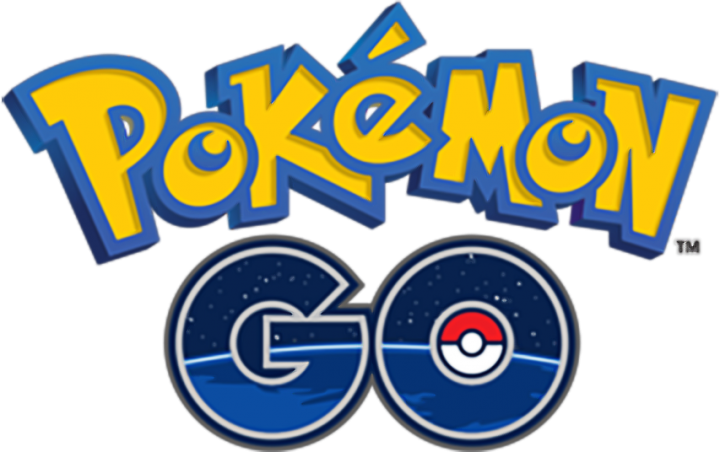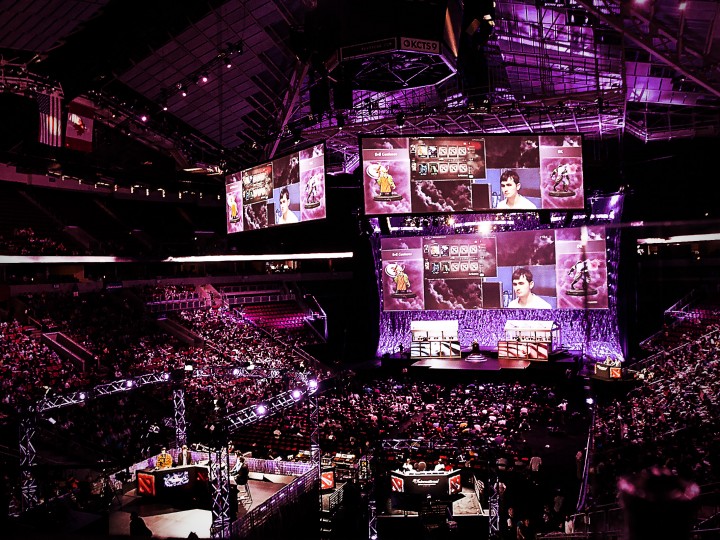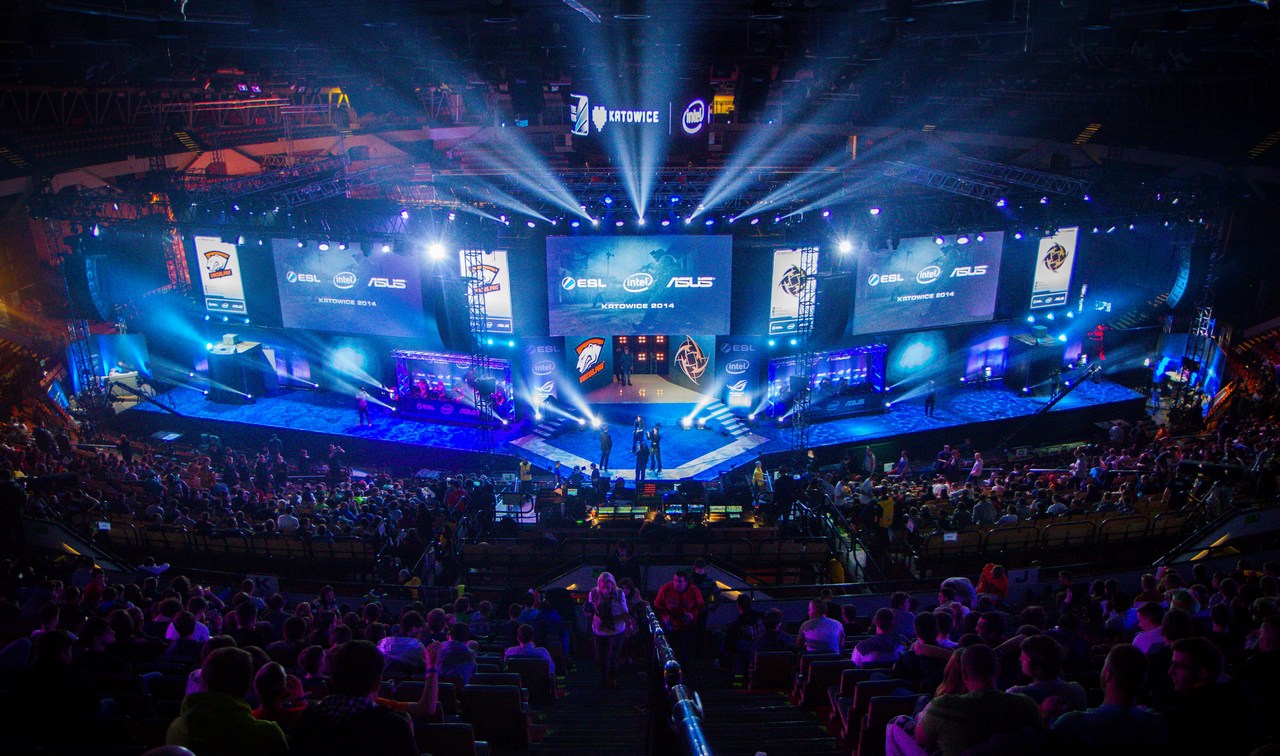Over the past few weeks people have been breaking their old habits and straying from their usual behavior. They have been taken to changing their normal routes home from work or to simply wandering the streets, parks and other public spaces, seemingly at random. However, these odd new movements are not random at all. They are actually quite the opposite because these people are chasing the invisible Pokémon that now have come to inhabit our cities.

The success of Pokémon Go, unforeseen even by it’s creators, is currently dominating the app world, claiming the focus of every social media site and shocking the stock market. Shares in Japan’s Nintendo soared as the phenomenal success of Pokémon Go has triggered massive buying in Nintendo shares. From a marketing point of view, this game opens a whole new door for smart business owners to come through. Many businesses have discovered the success of buying the in-game ‘Lure’ item which attracts Pokémon to your location for 30 minutes. This way you can tempt consumers through your doors at the low cost of £1.58 an hour. Pokémon Go has proven itself to have the power to control the movement of a vast amount of people. For this reason the potential effect of it’s business and marketing opportunities are staggering.
 For those of you who live under rocks: Pokémon Go is a free-to-play location-based augmented reality mobile game released in July this year. Making use of the GPS and camera of your phone, the game allows players to capture, battle, and train fictitious little creatures called Pokémon. These appear on your device screen as if standing on the street in front of you. Though the game is free-to-play, it supports in-app purchases of additional gameplay items, such as the ‘Lure’ item mentioned above.
For those of you who live under rocks: Pokémon Go is a free-to-play location-based augmented reality mobile game released in July this year. Making use of the GPS and camera of your phone, the game allows players to capture, battle, and train fictitious little creatures called Pokémon. These appear on your device screen as if standing on the street in front of you. Though the game is free-to-play, it supports in-app purchases of additional gameplay items, such as the ‘Lure’ item mentioned above.
What is so interesting (and slightly frightening) is the vast amount of people we now see changing their behaviour in response to one free mobile game. This is happening all over the world as we speak.
What I want to know is as follows: What is the magic of Pokémon Go?  What is it that attracts us so much about collecting these virtual creatures? What is so special about this game and why has it received so much attention and become so very popular in so little time? Therefore, I decided to try it out myself. Since I first heard about Pokémon Go a little over two weeks ago many have asked when I am going to write about the phenomenon, so here we Go.
What is it that attracts us so much about collecting these virtual creatures? What is so special about this game and why has it received so much attention and become so very popular in so little time? Therefore, I decided to try it out myself. Since I first heard about Pokémon Go a little over two weeks ago many have asked when I am going to write about the phenomenon, so here we Go.
Not being a particular fan of Pokémon myself I wasn’t looking forward to testing the game out in preparation for writing this article. For this reason, in order to give Pokémon Go the best possible chance despite my own scepticism, I hired an expert. His name is Kay and he is blessed with the kind of memory that allows him to remember any and all facts he can get his hands on about anything relating to either animals or Pokémon, making him a self taught expert in both areas. In fact, Kay’s oblivious enthusiasm for Pokémon and the way he speaks of them makes one think that he doesn’t put much of a distinction between these two areas of interest. The fact that animals are “real” and that Pokémon are not does not seem to matter much in his world. Kay only accepts payment for his expertise services in the shape of Italian ice cream cones; three to be precise. Did I mention that Kay is eight? I have to admit that my friend was a little confused when I said I’d like to borrow her son for the day to go Pokémon hunting.
After our Pokémon excursion I can definitely see the appeal of the game, especially when looking at it’s potential. Hunting colourful little imaginary creatures through the once dreary streets of London was fun. Despite my scepticism I had a blast. This said, I do believe that a lot of the fun had something to do with the overly excited eight year old Pokémon expert next to me. When I later tried it alone it didn’t really contain the same magic. However, I do believe that this can be attributed to the fact that I was never much of a Pokémon enthusiast myself. The wonder behind alternate reality games such as Pokémon Go is that we can integrate fantasy into our own world. Our imagination comes to life as it is standing in front of us on the pavement through the magic lens of our camera phone.
When I was little I was the biggest dreamer. I lived constantly in a fantastic world that no one else could see. I kept being told by my family and teachers that I needed to focus on this world – apparently meaning the “real” one. I don’t think this is a unique childhood experience that applies only to me. We are all told from a very young age to ignore the magic and the mystical creatures and the possibilities that are so obvious to us at the time and to focus on other things. These things are often understood to be more “practical”. We grow up forgetting how to use our imagination, so instead we satisfy our escapist need by watching TV or reading books or whatever else takes us away from the stress of everyday life.
As I was sitting next to Kay on the bus to Victoria (travelling just slowly enough through the London high traffic to catch more Pokémon) it was clear that Kay’s imagination far outshines my own. Though Kay enjoys Pokémon Go immensely he is not as reliant on the game to merge reality and fantasy together as I am. Pokémon Go allows teenagers and grown ups all over the world to become like Kay; perfectly open to the idea of Pokémon inhabiting London and brightening up the grey pavements with their presence. This is the magic of Pokémon Go. However…
After some research it is pretty clear that there are some definite problems rising parallel to the excitement of the game’s success. With many somber news about Pokémon Go gamers finding dead bodies, others being lured into violent situations as well as the unsettling privacy complication the game has created quite a stir. We are warned by news articles that whilst millions of Pokémon Go players wander the cities collecting Pikachus and Jigglypuffs, the developers are gathering information about the it’s users and selling it. The simplicity of the game mechanics and the ease of sharing achievements through snapchats and other social media have caused Pokémon Go to attract new Pokémon trainers at astonishing rates. But with the risks of a game that tracks your movements, requests permission to gather information about your identity through your google account and allow other users to lure players to their location – Does the good really outweigh the bad? What is your opinion?






